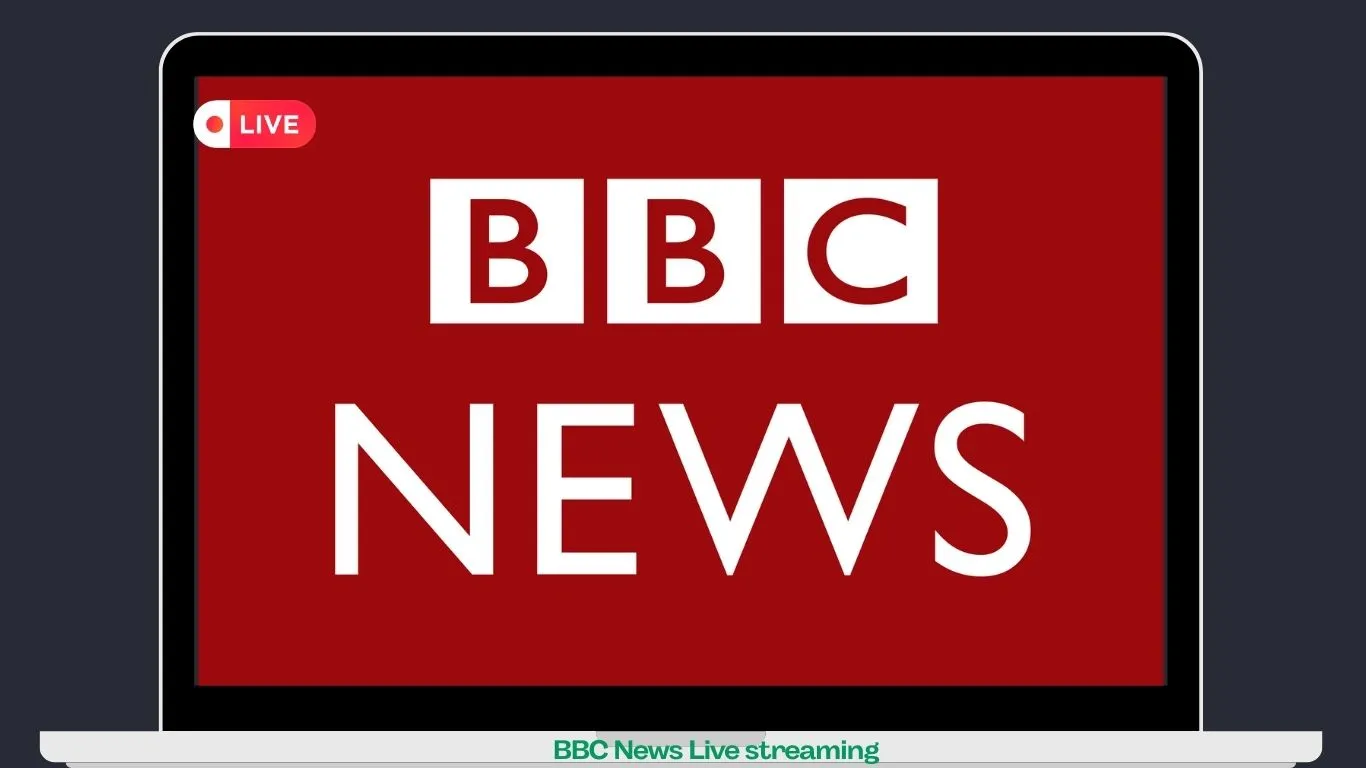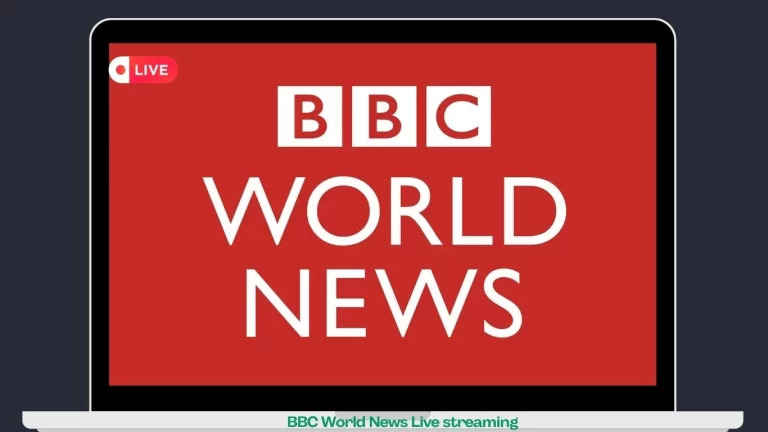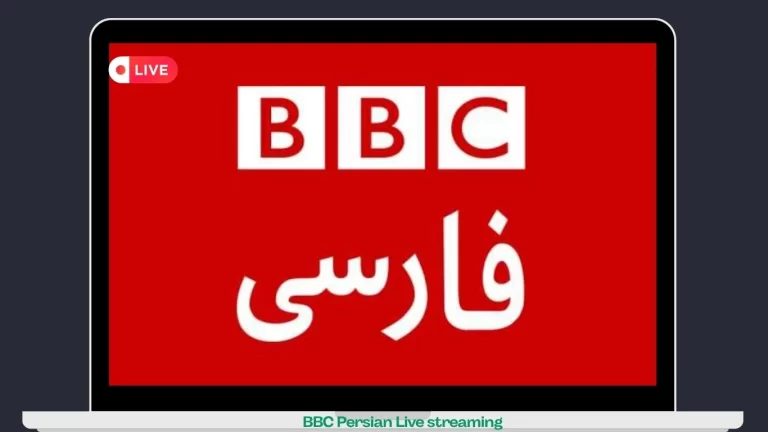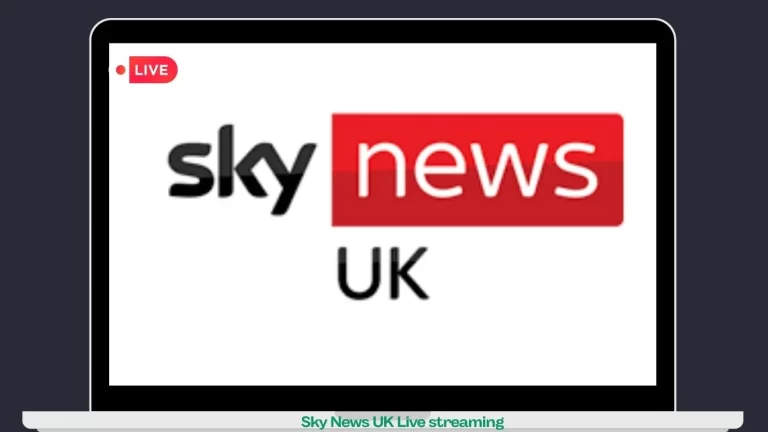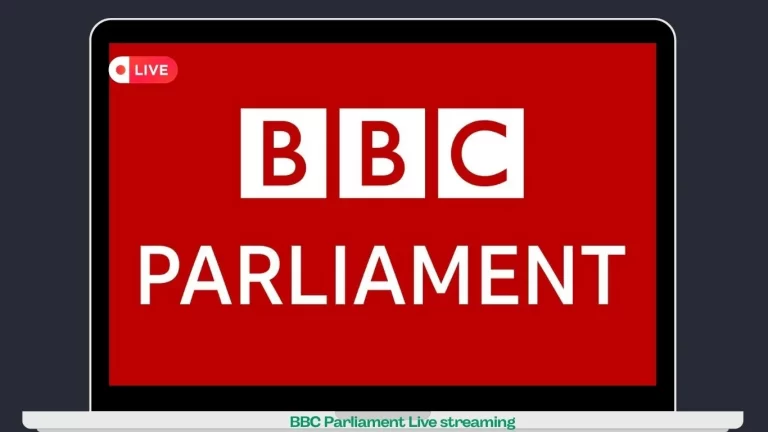BBC News
The BBC News is a functional business division of the British Broadcasting Corporation BBC liable for the social occasion and broadcasting of information and current undertakings. As it produces around 120 hours of radio and TV yields every day, as well as online news coverage, the department is the world’s biggest transmission news association.
Since January 2018, the assistance keeps 50 unfamiliar news departments with in excess of 250 reporters around the world. Fran Unsworth has been head of information and current issues. The office’s yearly financial plan is in abundance of £350 million; inside the biggest live newsroom in Europe, in Broadcasting House in focal London, it has 3,500 staff, 2,000 of whom are journalists. BBC News homegrown, worldwide and online news divisions are housed.
From studios in London, parliamentary inclusion is delivered and communicated. Through BBC English Regions, the BBC additionally has territorial focuses across England and public news habitats in Northern Ireland, Scotland and Wales. All countries and English districts produce their own nearby news programs and other current issues and game projects.
BBC News also called the BBC News Channel is a British free-to-air TV news channel. On November 9, 1997, it was sent off as BBC News 24 at 5:30 pm as a component of the BBC’s introduction to advanced homegrown TV slots, turning into the principal contender to Sky News, which had been running since 1989. For a period, circled news, game and weather conditions notices were accessible to see by means of BBC Red Button.
Watch BBC News UK Live Streaming Online
[expand title=”Read more about BBC News UK and Ireland Live”]
Early Years
On 14 November 1922, the British Broadcasting Company broadcast its first radio bulletin from radio broadcast 2LO. Wishing to keep away from contest, paper distributers convinced the public authority to forbid the BBC from broadcasting news before 7:00 pm, and to constrain it to utilize wire administration duplicate as opposed to giving its very own account.
The BBC progressively acquired the option to alter the duplicate and, in 1934, made its own news activity. Nonetheless, until World War II it could not communicate news before 6 PM. Notwithstanding news, Gaumont British and Movietone film newsreels had been communicated on the TV administration beginning around 1936, with the BBC creating its own comparable Television Newsreel program from January 1948.
Inception
During the 1950s, TV news, albeit genuinely separate from its radio partner, was still solidly influenced quite a bit by control. On July 5, 1954, journalists gave reports to the two outlets, and the primary broadcast notice, displayed on the then BBC TV administration and introduced by Richard Baker, involved his giving portrayal off-screen while stills were shown.
On September 21, 1955, on-screen newsreaders were presented a year after the fact in 1955 – Kenneth Kendall the first to show up in vision, Robert Dougall, and Richard Baker-three weeks before ITN’s send off. In the year 1958, Hugh Carleton Greene became head of News and Current Affairs.
On January 1, 1960, Greene became Director General. Greene made changes that were pointed toward making BBC revealing more like it contender ITN, which had been profoundly appraised by concentrate on, bunches held by Greene. On 20 June 1960, Nan Winton, the principal female BBC network newsreader, showed up in vision. However, the beginning of the radio news and current undertakings program ‘The Ten O’clock News’ saw on 19 September 1960.
On April 20, 1964, BBC2 began transmission and started telecom another show, ‘Newsroom’. On October 4, 1965, ‘The World at One’, a noon news program, started on the then Home Service, and the prior year News Review had begun on TV. On Sunday September 17, 1967, ‘The World This Weekend, a week by week news and current issues program, sent off on what was then Home Service, yet prospective Radio 4.
In 1969, The BBC moved creation out of Alexandra Palace. On September 14, 1970, the initial ‘Nine O’Clock News’ was communicated on TV. In 1975, Angela Rippon turned into the main female news presenter of the ‘Nine O’Clock News’. On April 4, 1972, the main version of ‘John Craven’s Newsround’, at first planned uniquely as a short series and later renamed just ‘Newsround’ came from studio N3.
During the 1970s, news on radio was to change, and on Radio 4 specifically, achieved by the appearance of new editorial manager Peter Woon from TV news and the execution of the Broadcasting in the Seventies report. On September 10, 1973, ‘Newsbeat’ sent off as the news administration on ‘Radio 1’.
On September 23, 1974, a ‘teletext’ framework which was sent off to bring news content on TV screens utilizing message just was sent off. In the year 1980, the ‘Iranian Embassy Siege’ had been shot electronically by the BBC Television News ‘Outside broadcasting’ group, and crafted by journalist ‘Kate Adie’, communicating real time from ‘Prince’s Gate’, was selected for BAFTA fact coverage, yet this time beaten by ITN for the 1980 award.
On January 23, 1980, ‘Newsnight’ the news and current undertakings program, was because of going on air, despite the fact that worker’s organization conflicts implied that its send off from Lime Grove was delayed by seven days. On August 27, 1981, ‘Moira Stuart’ turned into the main African Caribbean female newsreader to show up on British TV.
During the 1980s, the principal BBC breakfast TV program, ‘Breakfast Time’ additionally sent off, on January 17, 1983 from Lime Grove Studio E and fourteen days before its ITV rival TV-am. Plain Bough, Selina Scott, and Nick Ross assisted with waking watchers with a casual way of introducing.
The ‘Six O’Clock News’ initially broadcasted on September 3, 1984, at last turning into the most watched news program in the UK notwithstanding, beginning around 2006 it has been overwhelmed by the BBC News at Ten. In October 1984, pictures of millions of individuals starving absurdly in the ‘Ethiopian starvation’ were displayed in ‘Michael Buerk’s Six O’Clock News’ reports.
The BBC had chosen to re-brand its releases and laid out individual styles again for every one with contrasting titles and music by 1987,, the end of the week and occasion notices marked in a comparative style to the ‘Nine’, albeit the “stripes” acquaintance went on with be utilized on events where a news notice was screened no longer available request of the timetable until 1989.
Evolution
During the 1990s, a more extensive scope of administrations started to be presented by BBC News, with the split of ‘BBC World Service Television’ to become ‘BBC World’ news and current issues, and ‘BBC Prime’ light amusement. However, content for a 24-hour news channel was accordingly required, continued in 1997 with the launch of homegrown comparable ‘BBC News 24’.
In 1999, a PC created a cut-glass model of the ‘BBC coat of arms’ was the focal point of the program titles until the enormous scope of corporate rebranding of information administrations. In 1999, following the relaunch of BBC News, local features were incorporated toward the beginning of the BBC One news notices in 2000.
In 2009, the retirement of ‘Peter Sissons’ and flight of ‘Michael Buerk’ from the ‘Ten O’Clock News’ prompted changes in the BBC One bulletin introducing the group on 20 January 2003. In December 2003, BBC News 24 and BBC World presented a recent fad of the show, that was somewhat modified on 5 July 2004 to stamp 50 years of BBC Television News.
On October 18, 2007, ‘Mark Thompson’ reported a six-year plan, ‘Delivering Creative Future’, blending the TV current undertakings office into a new “News Programs” division. In January 2007, another designs and video playout framework was presented for creation of TV releases.
In March 2010, a system audit of the BBC, affirmed that having “the best news-casting on the planet” would shape one of five vital article arrangements, as a component of changes subject to public discussion and ‘BBC Trust’ endorsement. On April 16, 2013, approaching BBC ‘Director-General Tony Hall’ named ‘James Harding’, a previous editorial manager of ‘The Times’ of London paper as Director of News and Current Affairs.
On September 2, 2012, the move started with the homegrown program ‘The Andrew Marr Show’, and closed with the move of the BBC News channel and homegrown news releases on March 18, 2013. In January 2020, the BBC declared a BBC News reserve funds focus of £80 million every year by 2022, including around 450 staff decreases from the current 6,000.
Moreover, BBC head of information and current issues ‘Fran Unsworth’ said to a limited extent to draw in back a young crowd, and more pooling of journalists to stop separate groups covering similar news, there would be further advances toward ‘computerized telecom’. As of December 2021, as indicated by its yearly report, ‘India’ has the biggest number of individuals involving BBC administrations on the planet.
Online Services
The BBC’s news website was launched in November 1997. In the UK, it is one of the most popular news websites by the accomplishment of a quarter of the UK’s internet users, and all over the world. Every month, BBC News website attained around 14 million global readers.
The BBC News channel is available for twenty four hours in a day. Within the online news articles, video and radio clips are also available. On the BBC iPlayer and BBC Sounds services, many television and radio programmes are also accessible to view.
Since 2010, the mobile apps for Android, iOS and Windows Phone systems have been provided. The website contains entertainment, sport, science, and political news as well as international news coverage.
The View of Foreign Governments
For announcing which has been negative to the decision government, the BBC News columnists and broadcasts are currently and have in the past been restricted in a few nations principally. In September 2007, the BBC was restricted in Burma formally Myanmar after their inclusion and discourse on enemy of government fights there.
In September 2011, the boycott was lifted four years after the fact. In March 2008, the BBC News site was made accessible in China again, yet as of October 2014, was obstructed once more. In June 2015, the Rwandan government put an endless restriction on BBC communicates following the circulating of a dubious narrative with respect to the 1994 ‘Rwandan genocide’.
On October 1, 2014 ‘Rwanda’s Untold Story’, broadcast on BBC2. The UK’s Foreign Office perceived “the hurt caused in Rwanda by some parts of documentary”. The journalists from the BBC as well as the ‘Daily Mail, The New York Times, Politico, CNN’, and others were denied admittance to a United States White House preparation in February 2017.
[/expand] [table id=17 /]
